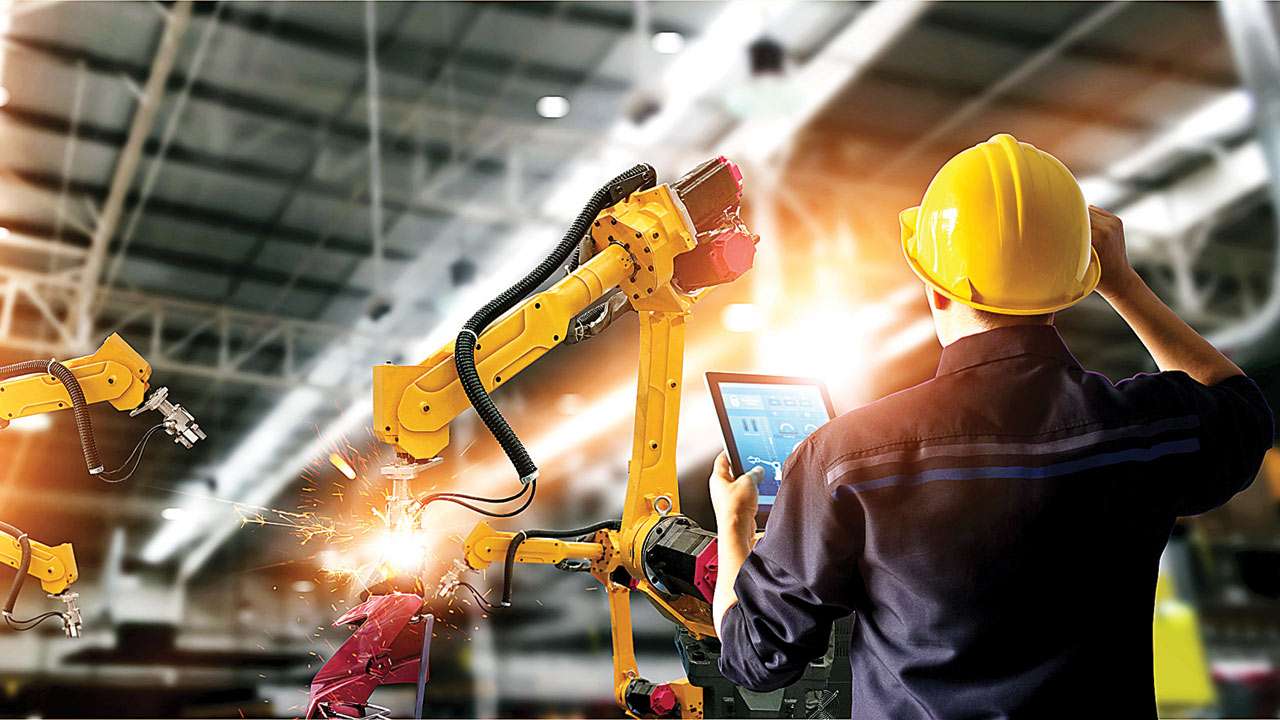
The ubiquitousness of technology is such that it affects individuals, communities, societies and nations. Social media played a major role in the Brexit referendum, while Trump uses it to his benefit in the US.
In India, political parties use it to maximise their reach and impact. National security and international business have also become entwined because of technology; take for example the imbroglio about Huawei’s 5G technology in the UK and the arrest of its CFO in Canada. Every few years, new technology is used in a way that jars society and raises questions around morality. The history of technology is also the history of human and national turpitude.
Commercial farming grew on the sweat of slave labour. The success of the industrial revolution was fueled by inhuman working conditions. Eisenhower’s ‘atoms for peace’ resulted in a nuclear arms race. The feel-goodness of early Facebook has morphed into a medium that causes suicide, induces real rage through false news and broadcasts murder.
One can blame the human mind because technology, on its own, is impotent. Innovation and invention are based on problem-solving and creating or feeding a need. There is usually a utopian ideal that fuels these inventions. For example, Mark Zuckerberg wanted to unify and globalise people. In retrospect, he was delusional to assume everyone would live as per his dream. He, like other fellow innovators and inventors, fail to recognise two things. The first is that people have minds of their own and are capable of finding new uses to technology. The second is what Yuval Noah Harari says in his book Homo Deus — human’s ability to think of the future is limited by their minds being stuck to the present way of thinking. Thus, even if one thinks of the future, it is framed by current conditions.
Creativity is a key survival feature and finding new uses to technology is inherent to progress. Did NASA ever think their Velcro would be used to fasten shoes? Were washing machines designed to whip up lassi? This thinking out-of-the-box has also led to stun guns being used by both the butcher and police and, transport being used by terrorists to mow down people.
Though Intelligent design has no scientific basis to explain evolution, many of man’s endeavours have been based on its literal application. Quite a few pedigree dogs are results of selective breeding programmes carried out a few centuries earlier. Is it such a giant leap to argue that eugenics crept out from the success of such work?
Should human progress be measured by how technology percolates into everyday life? Or when technology use interchanges between human and animal? The dis-assembly line developed in the early slaughterhouses of the US to slaughter and carve beef efficiently and cheaply inspired Henry Ford’s assembly line. The argument for and against genetic manipulation crisscrosses its application on crops and humans. Animals, vegetables and humans are pumped with chemicals and hormones to enhance their performance — whatever that may be. Artificial insemination and in vitro fertilisation has converted livestock into baby making machines while childless couples see these technologies as a last resort on the road to fulfil the desire of becoming parents.
The choice to introduce technology into every day is a slippery slope. It opens the door to its other potential uses by creating precedents which permit its use for circumstances not initially conceived. Such precedents reduce moral hesitance. When one speaks of laws to regulate these technologies, one is actually seeking to curtail the devious part of human imagination. However, these regulations come a bit late in the day when that technology has already got a foothold.
There are ethics committees for scientific experiments and they focus on the condition of experiments and its morality. Government agencies test chemicals for health and environmental impacts. There are no such bodies for social media platforms, which have a major psychological and physical impact on users.
Society has progressed by meeting its desire for better, more, easier and cheaper. These are relative and differ from individual to individual and from group to group. Thus the routes to reach these goals also vary. It is no surprise then that many are unpleasantly surprised, frequently at that, when technology in the hands of another swings the other way.
Technologies inadvertently convert humans into lab rats. There is now concern about the use of pesticides, plastics, coal for energy, the aha moment for appreciating the negative impact of the technologies took time and are still debated. However, the concern is more compelling for social media platforms because the impacts on society and government are immediate and undeniable.
Facebook and others are tweaking their programmes to prevent hate and false information — things not thought of before release. But these tweaks and laws occur only after society has faced the brunt its abuse. The way society use technology is proof that its members are neither prescient nor have 20-20 hindsight. In fact, it would seem that the relationship with technology is nothing but a series of unfortunate incidents.
Innovators conceive of the use of their technology by society in monochrome — based on their limited and, even biased, perception of it. Just as consumer companies conduct market surveys, are innovators carrying out market research to understand the many other ways this technology can be used when released into society?
Society needs to begin a discussion on the idea of progress and technology. Tales from Robert Louis Stevenson and Mary Shelley to Ray Bradbury and others have a note of caution, which we have yet to heed.
Author has worked in the development sector